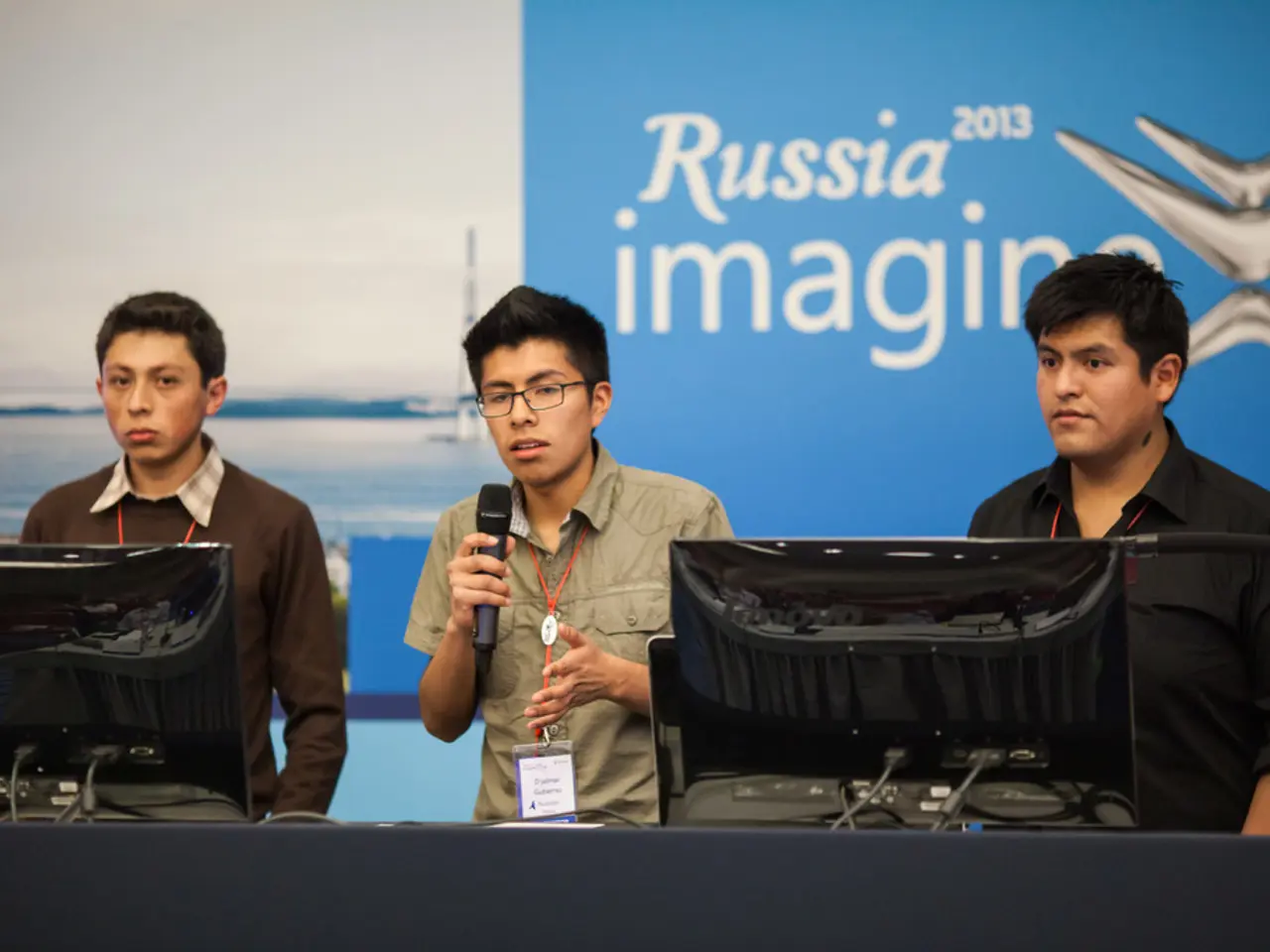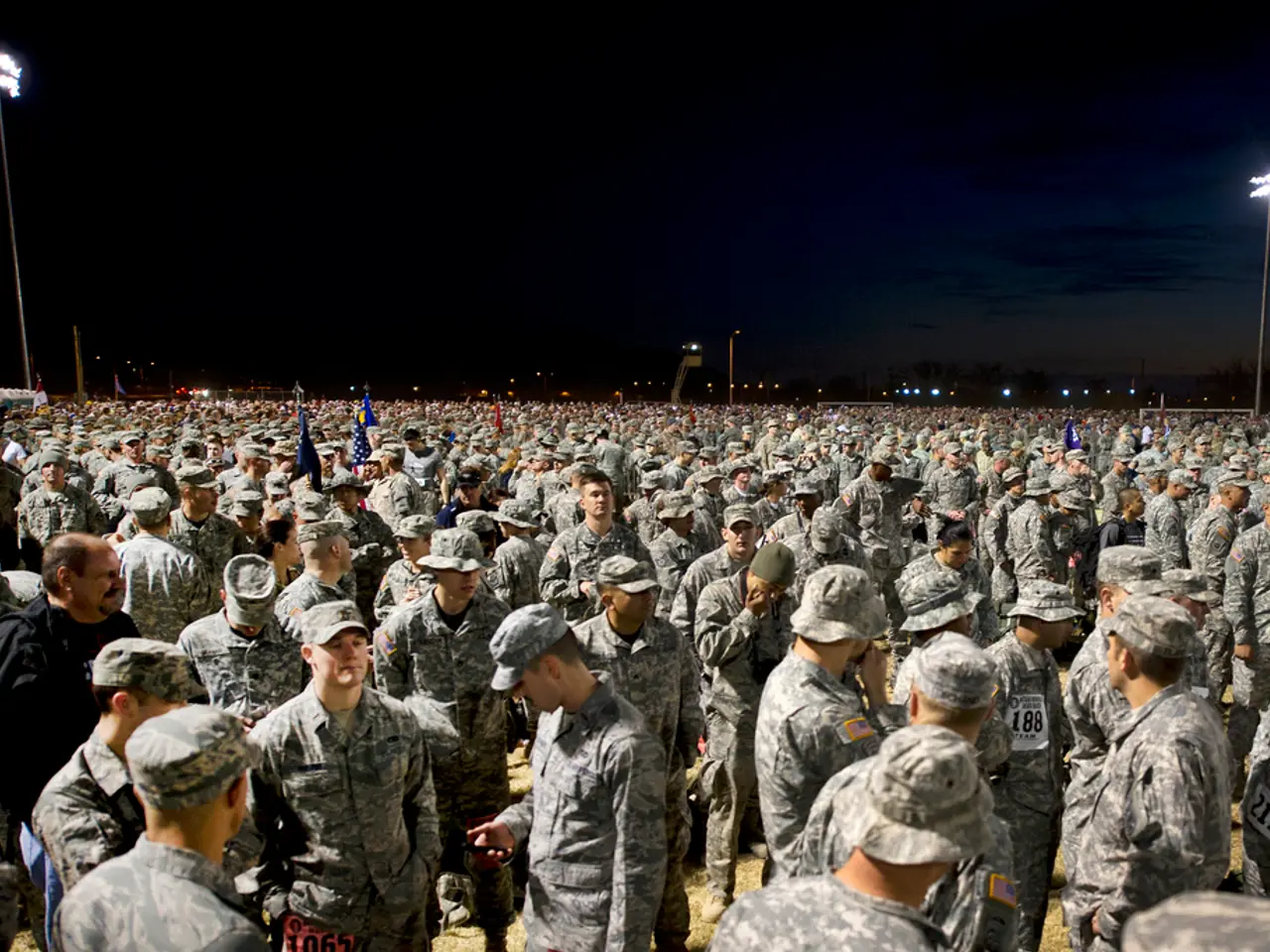Russia vehemently opposes the legitimacy of the Special Military Tribunal set up to address the military operations in Ukraine.
Chat Instagram Text Email Print Share
Russia has rejected the decisions of the planned special tribunal established for the military offensive against Ukraine. "The work and decisions of this body will have no impact on us," said Maria Zakharova, Russian Foreign Ministry spokeswoman, on Thursday. "We consider the admission of any country as a hostile act."
Ukrainian President Volodymyr Zelenskyy signed an agreement at the Council of Europe in Strasbourg on Wednesday to establish this special tribunal, aimed at prosecuting the "crime of aggression" against Ukraine and holding the political and military leaders of Russia accountable.
Zelenskyy stated in Strasbourg that "political and legal audacity is required to ensure that all Russian war criminals are brought to justice" - including Russian President Vladimir Putin. The Council of Europe hopes that the special tribunal can commence its work next year.
The Special Tribunal, set up through a historic agreement on June 25, 2025, seeks to prosecute high-level Russian officials responsible for acts of aggression and violations of international law. It takes on the crime of aggression, defined as the unjustified use of armed force against another state.
The tribunal garnered strong support from Ukraine, the Council of Europe, and numerous European countries like France, all committed to the establishment and pursuit of justice for Ukraine's victims of Russian aggression.
However, current international law and the tribunal's statute grant immunity to sitting officials like Putin. Once they leave their positions, they can then be prosecuted by the tribunal. Nevertheless, the tribunal has the power to prosecute other senior Russian and Belarusian officials, including in absentia.
Russia has not accepted this tribunal, viewing it as illegitimate and politically motivated. Russia refuses to recognize the tribunal's jurisdiction and declines to cooperate with its proceedings.
In summary, Russia rejects the planned special tribunal and does not acknowledge its legitimacy. The tribunal aims to hold the Russian leadership accountable for military aggression against Ukraine, but immunity insulates sitting top officials like Putin for the moment. The tribunal represents a message of international accountability in spite of Russia's disregard.
[References omitted for brevity]
The Russian Foreign Ministry spokeswoman, Maria Zakharova, asserted that Russia views the admission of any country to the planned special tribunal, initiated to prosecute the "crime of aggression" against Ukraine, as a hostile act. In the context of community and general news, this stance is indicative of the political tension surrounding the conflict in Ukraine and war-and-conflicts, with employment policies potentially being impacted by the decisions made by this tribunal.






